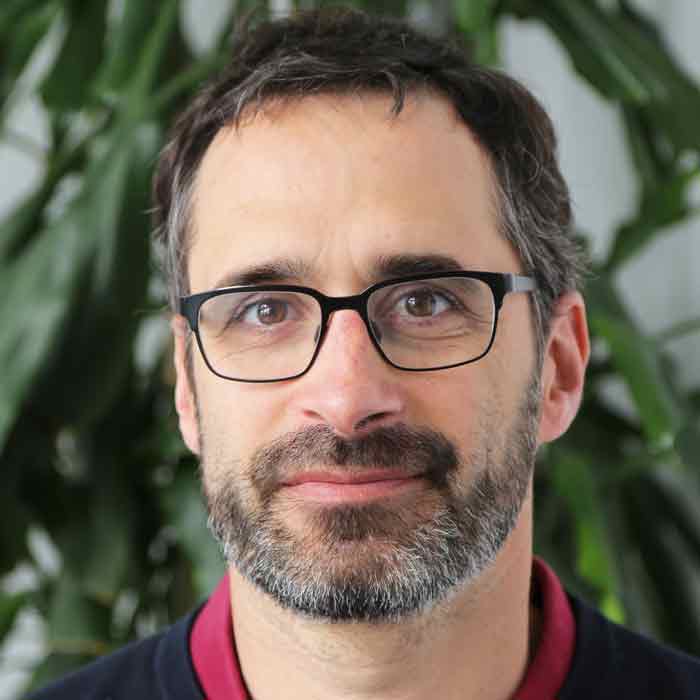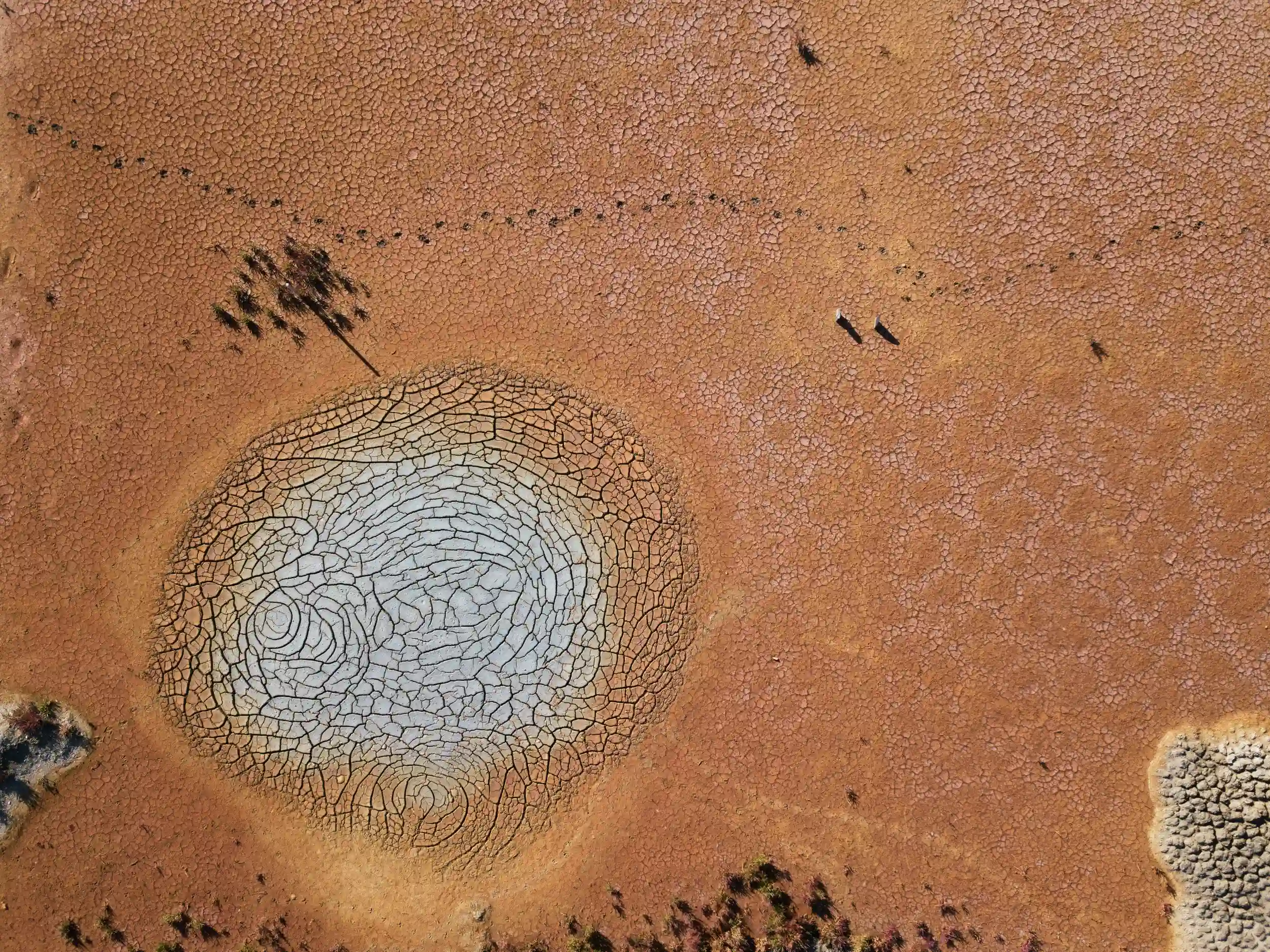

Europe-Africa EO Data Sharing for EW/Climate/DRR
Concept
The sixth African Union-European Union Summit, held in February 2022, emphasized digital transformation and space cooperation as vital drivers for sustainable development and climate action. There is an increasing need for enhanced digital infrastructure and cooperation to leverage Earth observation (EO) data effectively, addressing shared challenges such as climate change, disaster management, and sustainable development.
This proposed GEO activity aims to integrate ongoing initiatives between Africa and Europe to facilitate seamless access, sharing, and use of EO data, in alignment with the “EO Intelligence for All” strategy. While the initial focus will be on Africa, this activity will connect with similar efforts in other regions. Stakeholders from regions such as Latin America, the Caribbean, and the Asia-Pacific will be invited to share good practices and experiences. Over time, the scope of the activity can grow to become more global, but the initial priority is to deliver tangible results and concrete outcomes in Africa. Partnerships with organizations such as RedCLARA will help extend the initiative’s reach to Latin American users.
The key ongoing initiatives include:
While these projects have made significant progress, further integration is needed to create a cohesive and scalable impact. This proposal, supported by partners such as WACREN, UbuntuNet, EUMETSAT, GÉANT, and key African EO centers in Ghana, Kenya, and South Africa, will leverage National Research and Education Networks (NRENs) and the EUMETCast-Terrestrial data flow to strengthen EO data accessibility and sharing.
The strategic linkage of these initiatives under GEO will foster collaboration between key stakeholders shaping Africa’s digital landscape and EO data providers and users, initially focusing on weather, climate, and early warning systems. The primary purpose is to share best practices and extend the use of existing NREN infrastructure to promote effective EO data utilization between Europe and Africa.
The initiative will also establish strong links with NREN activities in Latin America (e.g., via RedCLARA) and initiatives under the GEO Infrastructure Task Team (e.g., the one proposed by NRENs).
This activity aligns with global efforts to improve data sharing and capacity building, enhancing climate resilience and disaster risk reduction through better early warning systems for extreme weather (e.g., Early Warnings for All). Anticipated outcomes include improved data sharing, strengthened research and decision-making capabilities, and partnerships that contribute to Sustainable Development Goals and support robust early warning systems.
This activity represents an evolution of the GEONETCast system, ensuring continuity while addressing new challenges and opportunities in EO data sharing.
Objectives
The primary objective of this GEO activity is to create an integrated framework that connects key partners to facilitate the cross-cutting use of digital infrastructure and Earth observation (EO) data. This proposal aims to strengthen collaboration across the Global Work Programme (GWP), focusing on the Open Data, Knowledge, and Infrastructure pillars of the “EO Intelligence for All” strategy.
The initiative seeks to leverage National Research and Education Network (NREN) infrastructure to improve the sharing and practical use of EO data from both European and African sources, including (but not limited to) Copernicus, Meteosat Third Generation, GMES & Africa, and ClimSA. By doing so, it will enhance the accessibility and interoperability of EO data, fostering its use in addressing key challenges, such as climate change, disaster management, and sustainable development.
The initiative will also establish links with global initiatives to share good practices and promote cross-regional collaboration, while maintaining a focus on delivering concrete outcomes in Africa.
A critical element of this activity is to promote engagement between NREN infrastructure providers and EO institutions, including EO data providers, service providers, and users, such as researchers and policymakers. This engagement will facilitate knowledge exchange, promote collaborative innovation, and ensure that infrastructure and data solutions are effectively aligned with user needs.
By building on AfricaConnect’s extensive digital infrastructure (including its EUMETCast-Terrestrial component) and leveraging the expertise of partners such as EUMETSAT, GÉANT, and African EO institutions, the activity aims to deliver robust assets and tools for seamless data availability. Additionally, it will support the development of partnerships and capacity-building initiatives that empower regional and national institutions with the skills needed to utilize EO data effectively.
This effort will reinforce the existing research and policy ecosystem, fostering a culture of open, data-driven decision-making. By engaging key stakeholders and promoting coordinated use of digital and EO resources, the activity will enhance resilience and sustainable development, contributing to improved early warning systems and informed responses to extreme weather and climate change-induced challenges.
Deliverables
The expected deliverables of this initiative are:
- Additional institutions will be connected to NREN infrastructure and provided with relevant EO data for early warning and disaster resilience. This includes operational entities, such as national meteorological services, disaster management situation rooms from the Africa Multi-Hazard Early Warning and Early Action (AMHEWAS) program, regional climate centers, and universities.
- These connections will ensure a broader reach and enable users to receive near-real-time EO data for operational and research purposes.
- The activity will increase the availability of timely and accurate EO information to support decision-making processes for early warning and disaster resilience. This includes facilitating the flow of critical EO data to entities responsible for raising warnings in a timely and adequate manner.
- Most of the data shared through this activity will be free of charge and openly accessible to a broad user community. However, some data may require licensing (free of charge) to ensure appropriate user identification. This approach is fully compatible with the GEO Data Sharing Policy and adheres to its protocols.
Points of Contact
